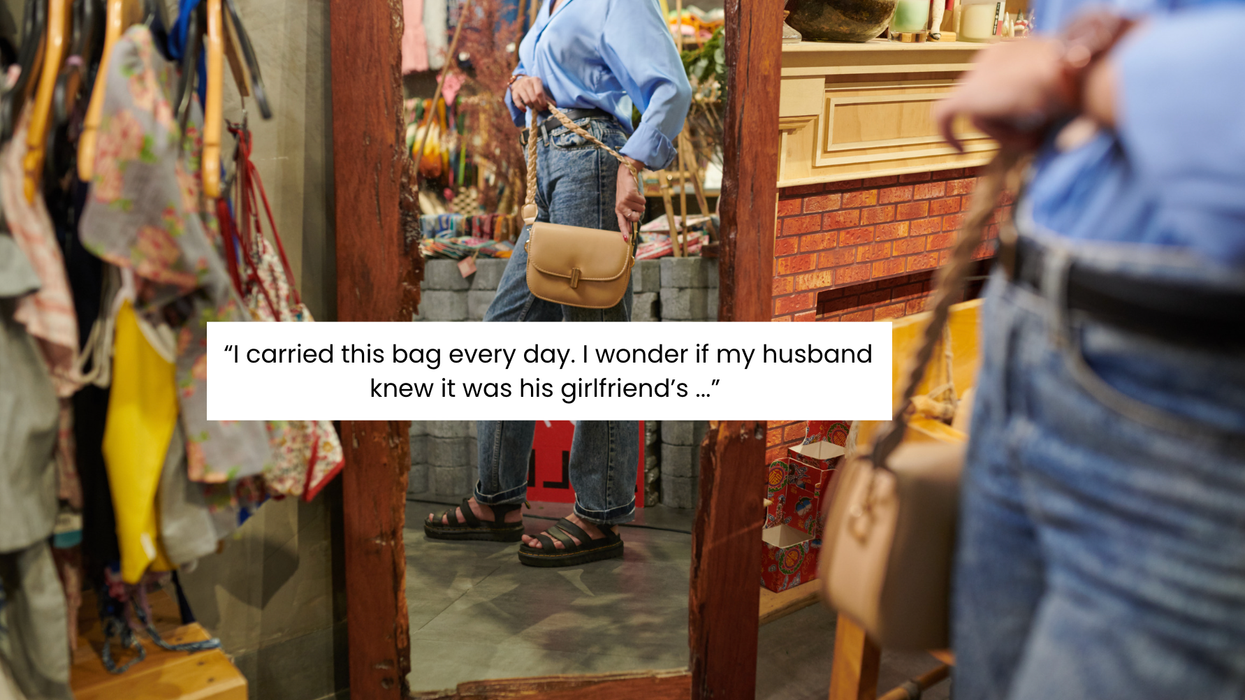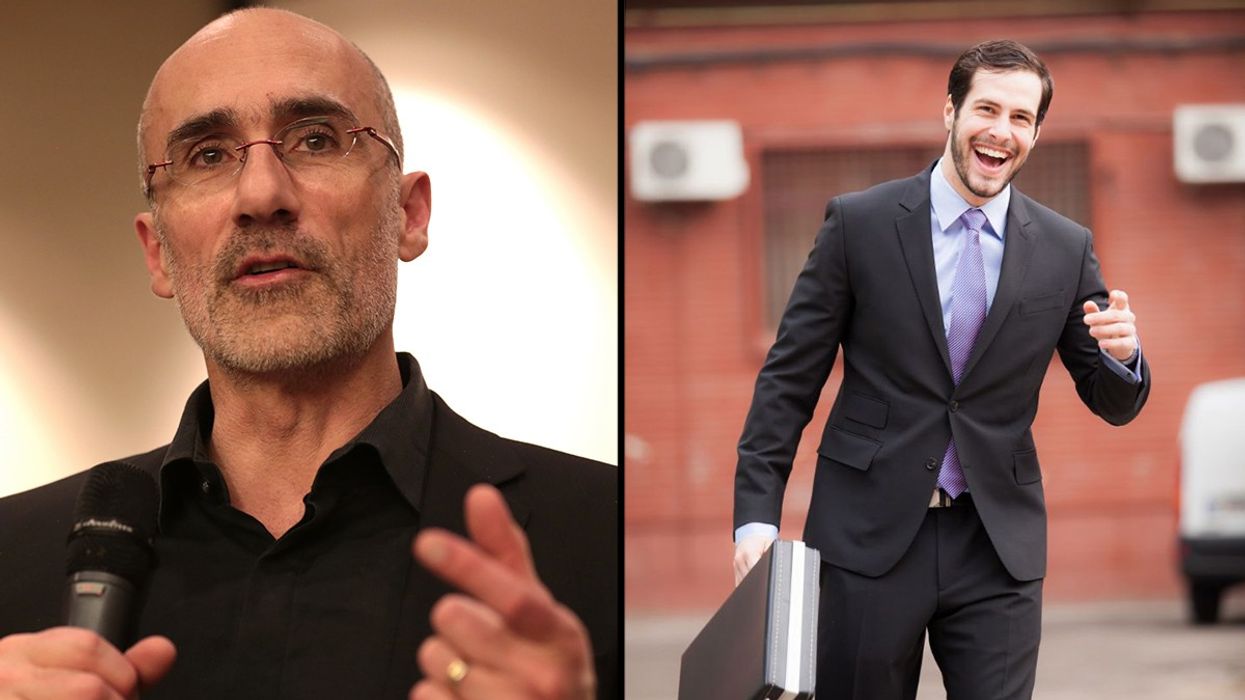Every three months, GOOD releases our quarterly magazine, which examines a given theme through our unique lens. Recent editions have covered topics like the impending global water crisis, the future of transportation, and the amazing rebuilding of New Orleans. This quarter's issue is about energy, and we'll be rolling out a variety of stories all month. You can subscribe to GOOD here.
Andrea Learned, a co-author of the book Don’t Think Pink, is an expert on gender-based consumer behavior, with a focus on sustainability influence and communication. The path to reduced energy consumption is, in her view, most likely to be a combination of top-down policies and consumer-driven behavioral change. “Government and other top-down mechanisms may still need to clamp down,” she says. “But some consumers will have at least started to find ways to feel smart and counter the full economic hit. Others will want to follow.” We asked her whether the current messaging around energy use is working—or not.
GOOD: Unfortunately, it feels like most people in the United States fail to fully grasp the importance of reducing energy consumption. Why isn’t the message getting across?
Andrea Learned: Utilities may be looking for the one silver bullet in getting that message across and not realize they have to dial into a customized mix of marketing messages instead. Energy efficiency “sells” because of varying equations of cost savings added to environmental benefits, wrapped in the essence of homeowner as good citizen. The “social proof” theory of persuasion (see Robert Cialdini’s book, Influence: The Psychology of Persuasion) is one I’m really watching in terms of promoting energy-efficient behavior change.
If homeowners are unfamiliar with energy-efficiency measures, but hear that people they know are doing it (and that they are saving money and feeling good about it), there’s real power in that. Interestingly, I’ve heard anecdotes from friends who market nonprofit energy-efficiency programs indicating that women seem more likely to want to share their experience with others (even in larger public forums) once they “get” and engage with efficiency measures in their own homes.
g: What messages around sustainability seem to resonate? And do they resonate differently for men and for women?
AL: Being sustainability-minded as a consumer means the person is thinking a bit more holistically, which has been considered a more “feminine” trait. But holistic thinking is not gendered. I believe that most people can learn to see the interconnections of people, planet, and cost bottom lines—and perhaps be guided a bit more by personal values as to which of those gets more weight given any set of buying circumstances. I think what businesses pitching sustainability can get wrong is assuming they need to get emotional in order to engage women. Even if the women they are trying to reach are moms, it’s not necessarily about the nurturing, family-centeredness, or health aspects of the offering. It can be more about how to make smart, practical household-management decisions.















 Otis knew before they did.
Otis knew before they did.